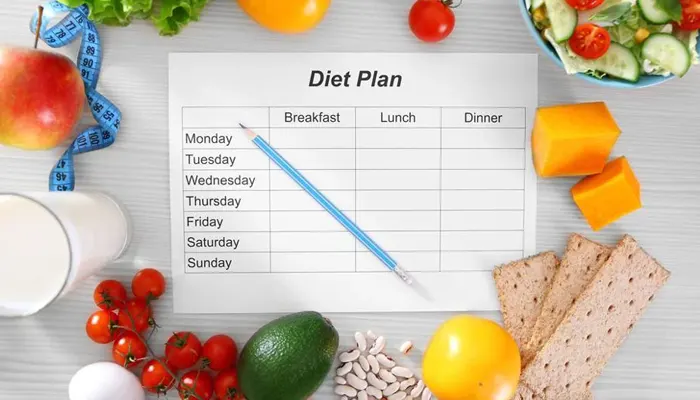
From hidden calorie bombs and excessive sodium levels, dining out can have far-reaching consequences for our health
In today's fast-paced society, eating out has become more than just a convenience—it's a social activity, an opportunity to explore new cuisines, and a break from the daily chore of cooking. However, the trend of dining away from home has its drawbacks, particularly when it comes to health.
Fast food do taste good, no wonder about that. But the taste leaves a strong mark on the health High sodium, sugar levels, LDL inducing food are anything but goo for the body.
The high carbohydrate content in most fast food, including drinks and sides, can lead to spikes in blood sugar levels. Added sugar is prevalent in many fast food items, contributing to excess calorie intake without providing essential nutrients. Fast food drinks often exceed these limits, with a single can of soda containing more sugar than the daily recommendation. Trans fat, commonly found in fried foods and pastries, is another harmful ingredient in fast food. It can increase LDL (bad) cholesterol, decrease HDL (good) cholesterol, and elevate the risk of type 2 diabetes and heart disease.

Fast food is also notoriously high in sodium, which can lead to water retention, bloating, and swelling. A diet rich in sodium is particularly risky for individuals with blood pressure conditions, as it can raise blood pressure levels and strain the cardiovascular system.
Larger portions leads to overeating
One of the notable aspects of dining out is the larger portion sizes typically served compared to home-cooked meals. This can lead to overeating as individuals may feel compelled to finish their entire plate, even if the portion is more than what they would normally consume at home. The result is an intake of excess calories.
High sodium and cholesterol is never good
Restaurant food often contains high levels of sodium and cholesterol, primarily due to the use of processed ingredients, added salts, and fats in cooking. Regularly consuming meals with elevated levels of sodium and cholesterol can significantly increase the risk of health problems such as high blood pressure and heart disease. These conditions can have serious consequences for cardiovascular health and overall well-being.
Unhealthy choice cause future health complications
Diets rich in fat, cholesterol, and sugar are known contributors to heart disease and stroke. When individuals frequently dine out and make unhealthy food choices, they expose themselves to these risk factors. Over time, the cumulative effect of consuming high-fat and high-sugar meals can have detrimental effects on heart health, leading to an increased risk of cardiovascular diseases.

Exposure to phthalates
Phthalates are chemicals commonly found in plastic packaging and food handling materials. These chemicals may leach into food, especially in restaurant settings where plastic containers and utensils are frequently used. Exposure to phthalates has been associated with various adverse health effects, including an increased risk of cardiovascular disease.
Gain in weight
This goes without saying: people who eat out more are likely to weight gain and have higher body fat percentages compared to those who cook at home. The combination of larger portion sizes, high-calorie food choices, and lack of control over ingredients and cooking methods further elevate the risk of obesity-related health problems.
But don't worry, you can still enjoy dining out while making healthier choices
Look for grilled, roasted, or baked dishes, and opt for items with plenty of fruits, vegetables, seafood, and whole grains. Choose what meal to eat to minimize high carb.
Sharing meals with friends or asking for smaller portions to avoid overeating is another way to
Stop eating when feel you're satisfied, even if there's food left. You can always pack the leftover and have it later.
Ask for healthier swaps like adding lean protein to salads or choosing oil instead of butter.
Opt for water instead of sugary drinks to stay hydrated and avoid extra calories.
Choose restaurants that offer nutritious options, and don't be afraid to ask about ingredients or cooking methods.












